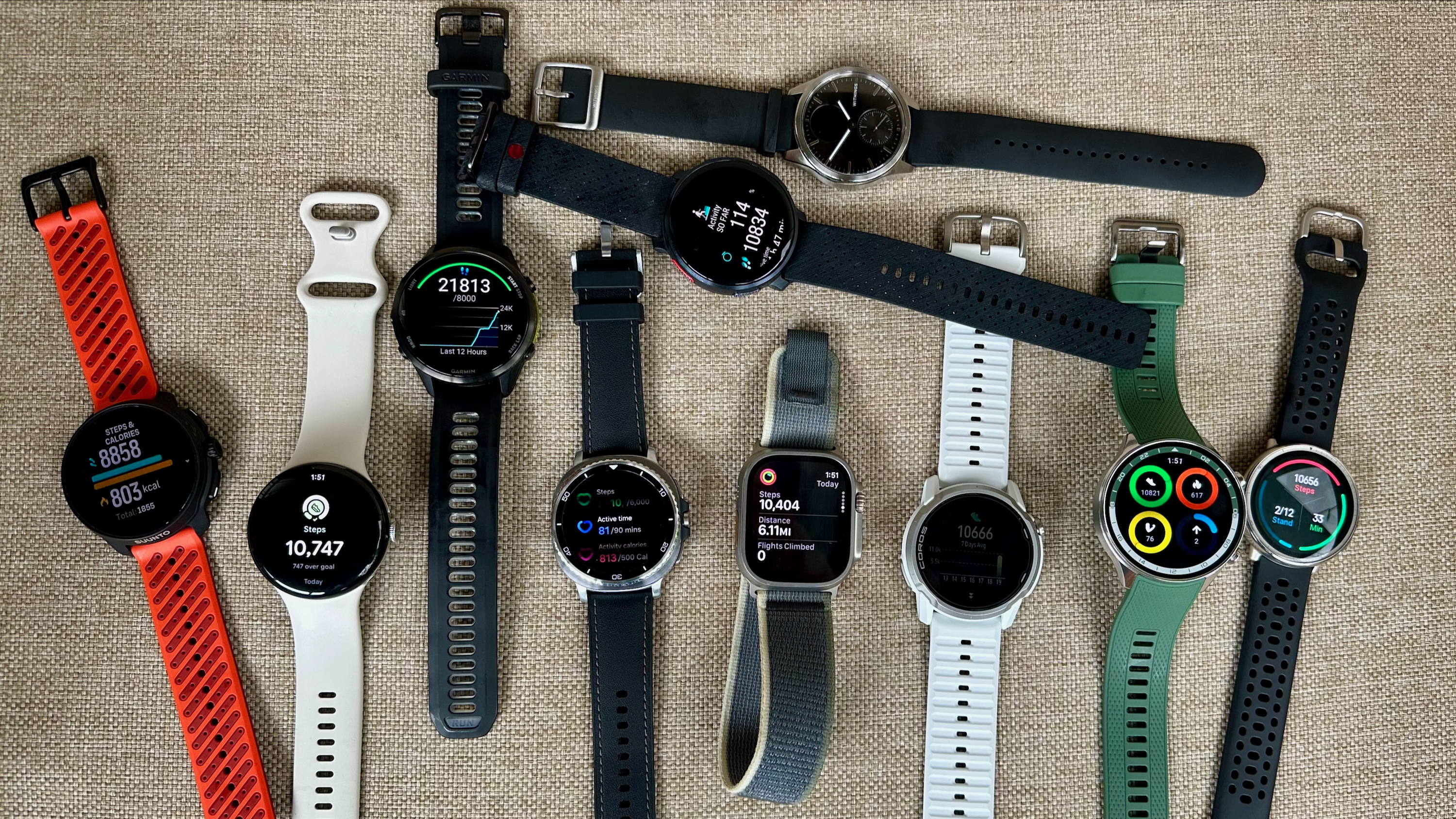Ask Jerry: Why is Google using a 'mid-range' chip in its flagship phones? Diving into why the Pixel still uses Tensor instead of Snapdragon and why that's probably not going to change anytime soon
Let's talk about tech.
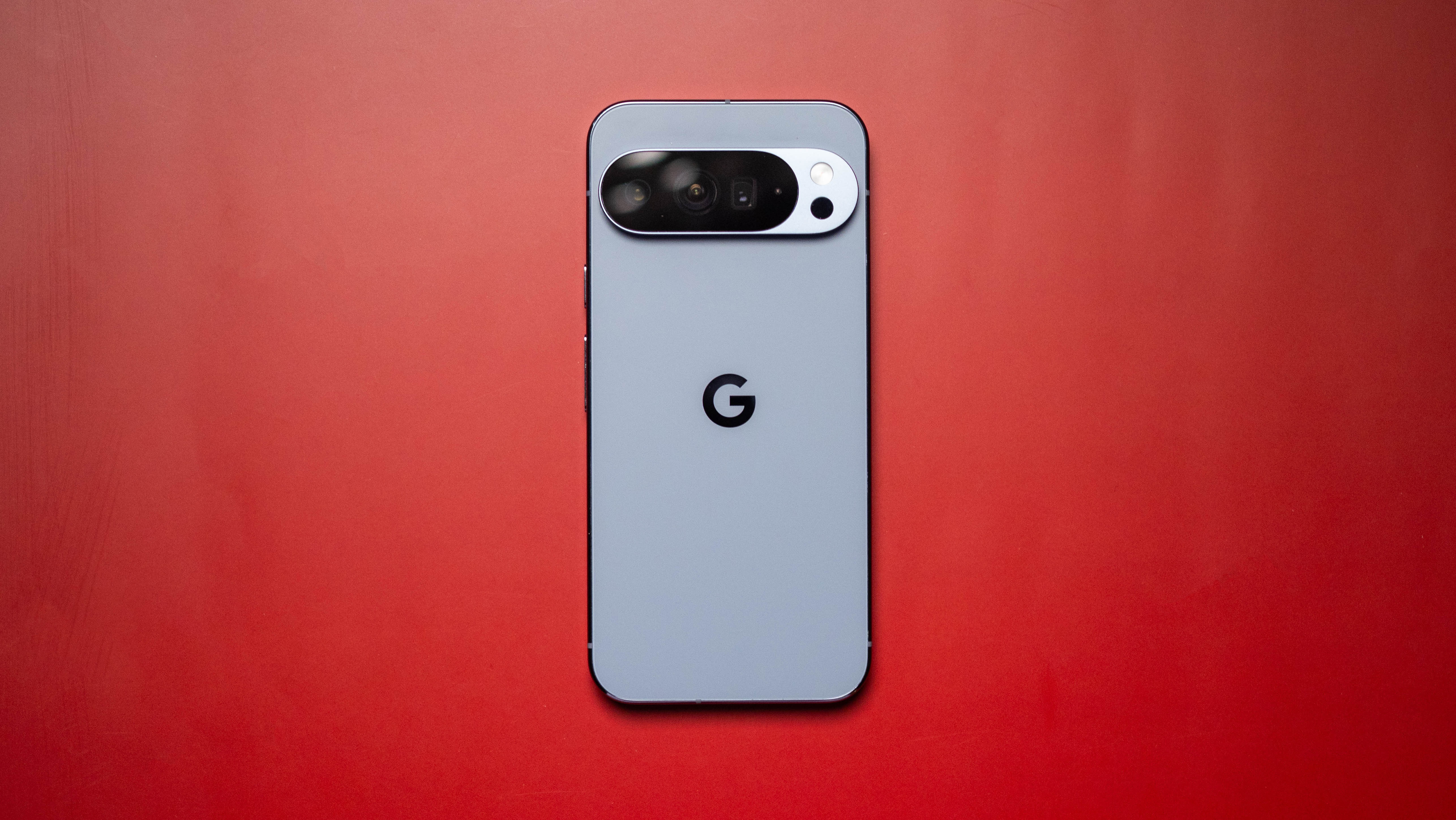
Welcome to Ask Jerry, where we talk about any and all the questions you might have about the smart things in your life. I'm Jerry, and I have spent the better part of my life working with tech. I have a background in engineering and R&D and have been covering Android and Google for the past 15 years.

Ask Jerry is a column where we answer your burning Android/tech questions with the help of long-time Android Central editor Jerry Hildenbrand.
I'm also really good at researching data about everything — that's a big part of our job here at Android Central — and I love to help people (another big part of our job!). If you have questions about your tech, I'd love to talk about them.
Email me at askjerryac@gmail.com, and I'll try to get things sorted out. You can remain anonymous if you like, and we promise we're not sharing anything we don't cover here.
I look forward to hearing from you!
Enjoy our content? Make sure to set Android Central as a preferred source in Google Search, and find out why you should so that you can stay up-to-date on the latest news, reviews, features, and more.
Why Google uses Tensor
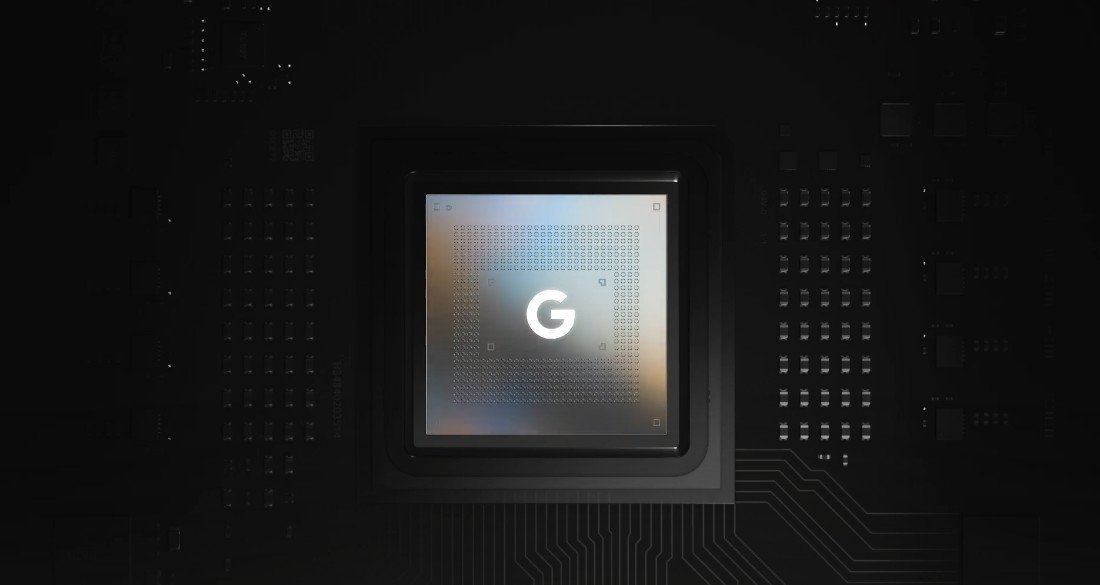
Ken asks:
I was reading on Reddit about the performance of the latest Google Pixel, and now I am more confused than ever. It sounds like a lot of people consider the Google Tensor a mid-range processor that underperforms where it counts. It's time for me to buy a new phone, so I was wondering what you thought.
Is the Tensor just a mid-range Samsung copy, or is it a good processor?
Get the latest news from Android Central, your trusted companion in the world of Android
Thanks
Oh boy, talk about opening a can of worms!
I know what you mean and have seen the arguments for and against the Pixel line of phones, including those centered around a recent article saying it's the consumer's fault for not understanding why Google uses the Tensor SoC.
What do I think? Well, I think the whole thing is the result of a valid question that has turned into two-sided fighting on the internet for fighting's sake. People love to attack what they don't have and defend what they do, and that's never helpful. It's not really our responsibility to understand why companies make the decisions they make, only to buy what we think offers the best value.
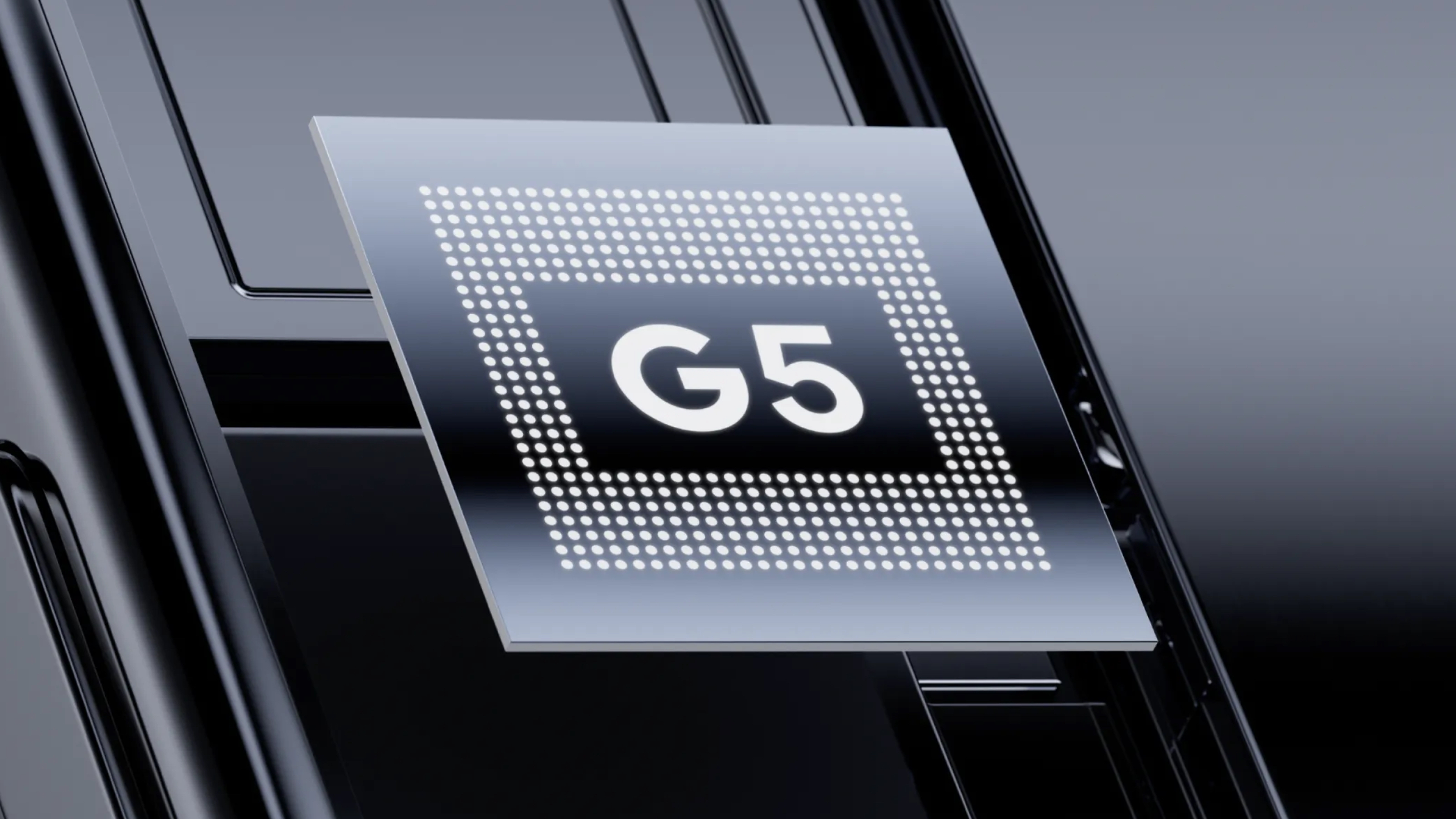
What everyone needs to remember is that Google didn't decide to design a chip and use it for no reason. The company also isn't trying to win any social media arguments about chip wars. It wants to further its business model — that's eyeballs on the internet — and is using its own line of products to help make it happen.
Of course, it would love to have a profitable phone division and make money there, too. That means getting more out of a product than was spent to build it, ship it, and market it. While people arguing at Reddit may draw some attention, it's not ever going to dictate Google policy.
A few short years ago, Google needed the Tensor if it wanted to start this phone AI trend. Google needed an engine that could power what nobody was trying to do, and the Tensor was the answer.
Raw performance (outside AI processing) or graphics benchmarks were never major factors, so Google went cheap. It worked, and sales of Pixel devices, as well as user response, have been on a nice upward trend.
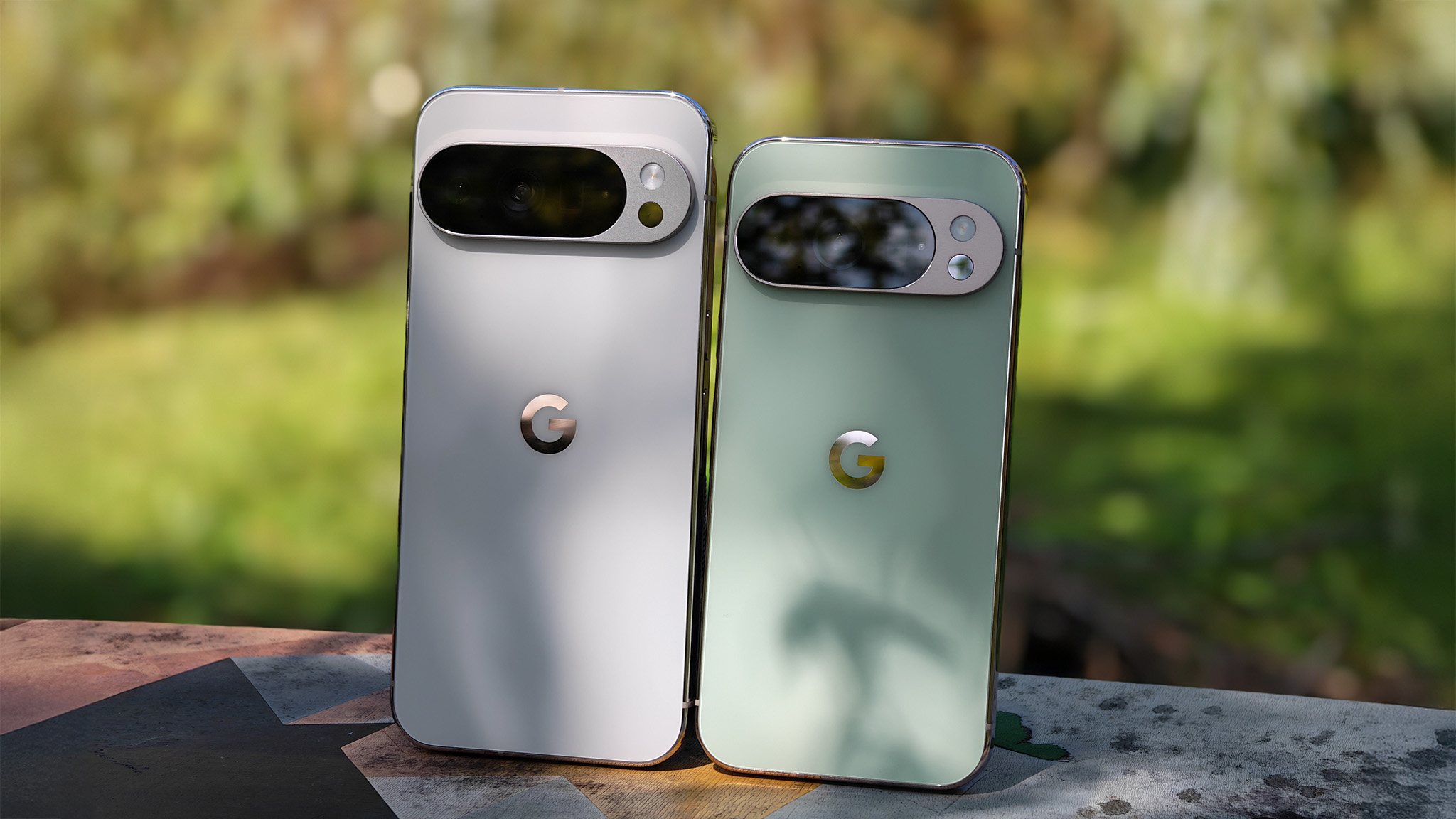
That was then, this is now. MediaTek and Qualcomm both sell smartphone chips that do everything Google needs today, and Apple's chip can handle more than the iPhone ever could. These chips are only going to get better, too. Google doesn't have to have a specific and proprietary NPU design inside its phone chips in 2025, like it did in 2021.
But if doing so means things can be "good enough" when it comes to smartphone things or games, while being great when it comes to AI and saving a lot of money building it all, why not continue?
Google could use the latest Snapdragon chip to deliver the same AI performance while enabling more of those smartphone tasks — or, better yet, longer, more immersive gameplay. That would cost a lot more because that chip isn't cheap.
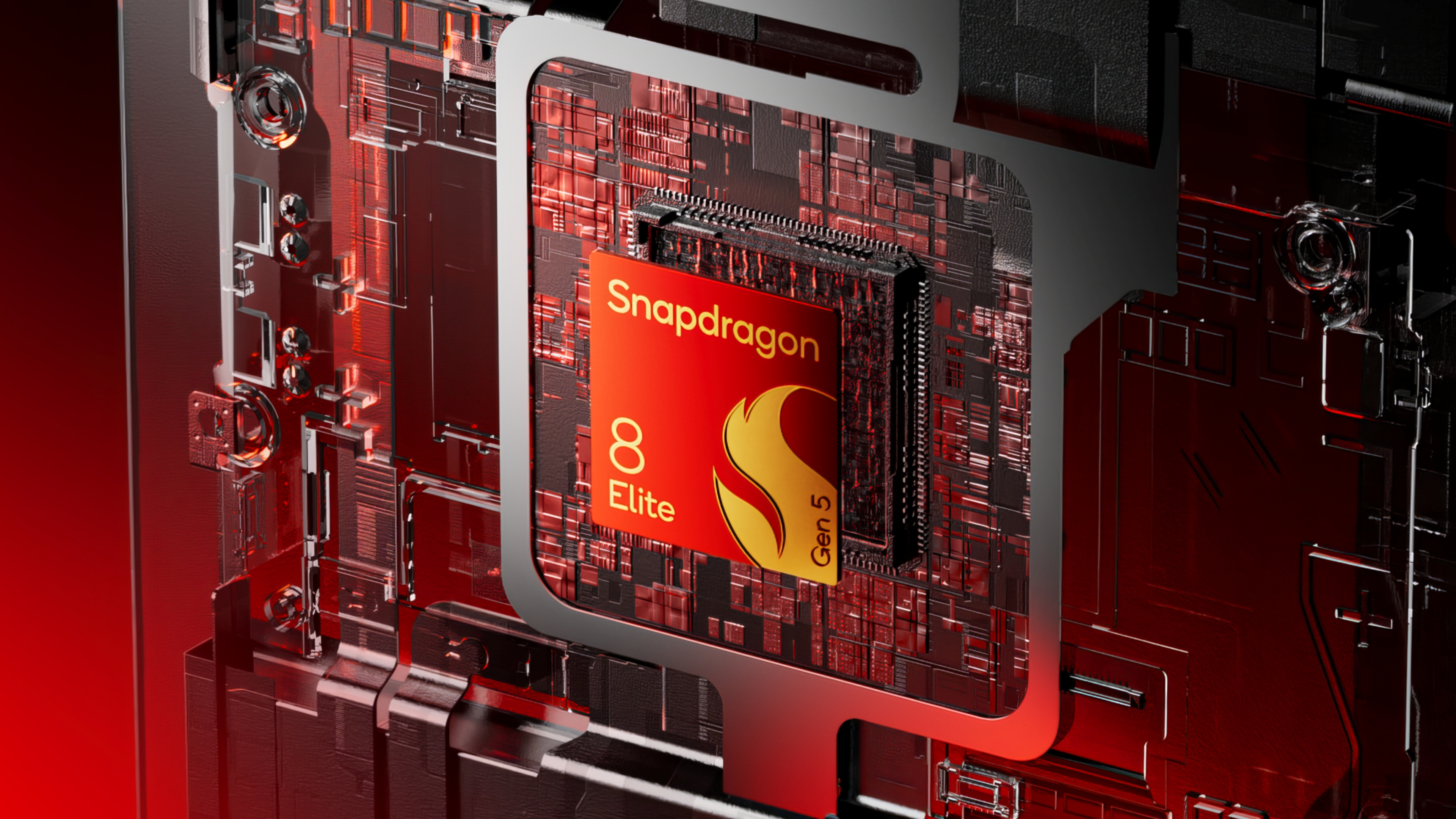
Remember, a Pixel 10 Pro XL starts at $1,199. While that's an absurd amount of money to charge for a phone (in my opinion), it's the new price for a big fancy flagship phone. That's about what you're going to pay for an iPhone 17 Pro Max or a Samsung Galaxy S25 Ultra.
You should buy the model that works well for what you want it to do. Don't worry about what other folks are buying or why, because it won't affect your own experience. Google is the one that needs to manage the balance between price, AI possibilities, and performance in other areas, while your job is easier: buy what you like.
FAQ
What chipset powers the Pixel 10 series?
The Pixel 10 is powered by Google's custom Tensor G5 chipset, which was manufactured by TSMC using a 3nm process.
What benefits does the latest Tensor chip bring?
Tensor G5 provides a 60% more powerful TPU (compared to the Pixel 9) and 34% faster on average CPU (compared to Tensor G4), promising better performance and enabling more on-device AI capabilities for the Pixel 10 series.
What is the benefit of on-device AI processing?
More on-device AI processing means less data has to be sent to the cloud to make features work. This not only protects your data but it also means features run more efficiently and use less battery.
Is Tensor a 'mid-range' chip?
Google positions the Tensor as a flagship chipset, even though it uses it in its mid-range Pixel A-series phones to improve performance and AI processing. Benchmarks also reveal that CPU and GPU performance still lag behind competitors, while excelling in AI performance.

All the AI you could need
It's the same price as other popular flagship phones, but it's the best phone you can buy when it comes to AI capabilities today and the immediate future. Not built for pure performance, it still has a lot to offer.

Jerry is an amateur woodworker and struggling shade tree mechanic. There's nothing he can't take apart, but many things he can't reassemble. You'll find him writing and speaking his loud opinion on Android Central and occasionally on Threads.
You must confirm your public display name before commenting
Please logout and then login again, you will then be prompted to enter your display name.
